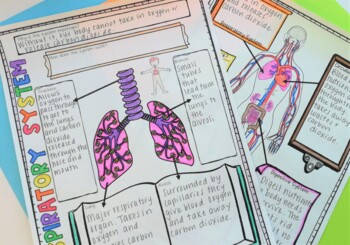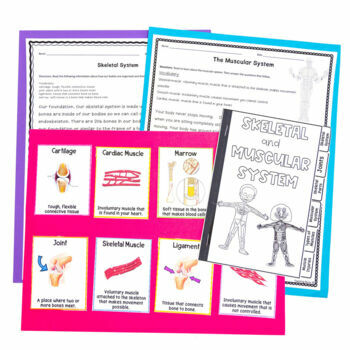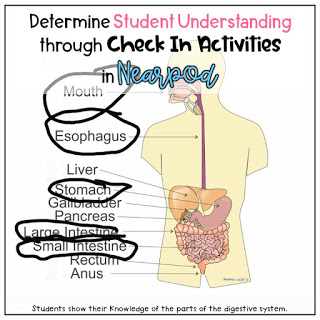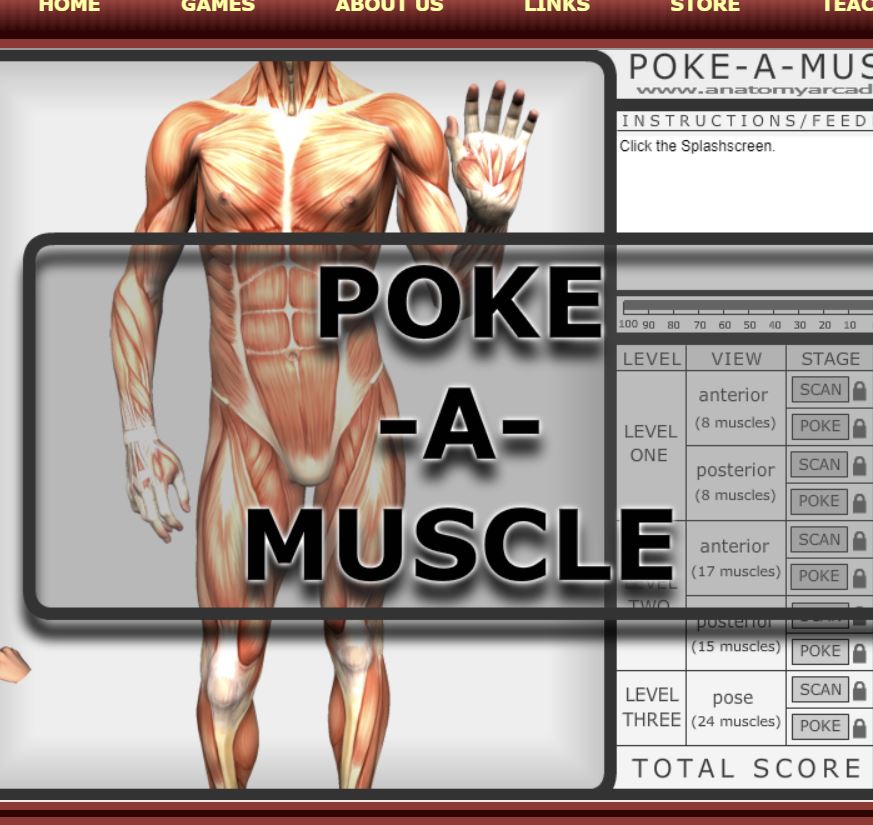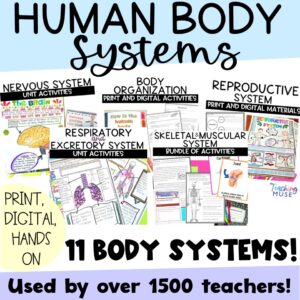Ready to revolutionize your science curriculum with innovative teaching methods that blend seamlessly with technology while teaching the human body systems? In today’s digital age, integrating technology into your lessons not only captivates students’ interest but also deepens their comprehension of complex concepts like human anatomy. From virtual dissections to interactive AR experiences, there’s a wealth of resources to explore. Learn easy ways to integrate technology while unlocking exciting new pathways for teaching the human body!
7 Tech Tools to Teach the Human Body Systems
Virtual Anatomy Explorations:
Website/Program: Zygote Body (https://zygotebody.com/)
Description: Zygote Body offers a free, web-based platform that allows students to explore the human body’s anatomy in 3D. With detailed models of organs, bones, muscles, and more, students can interactively dissect and study various body systems. The intuitive interface enables users to rotate, zoom, and highlight different structures, providing a dynamic learning experience. Zygote Body is an accessible and educational resource for students seeking to deepen their understanding of human anatomy.
How to Use:
Use this site in your classroom to allow students to see the parts of the
This site allows for 360 degree views of how the parts make up the system. It’s a great reference for students to use.
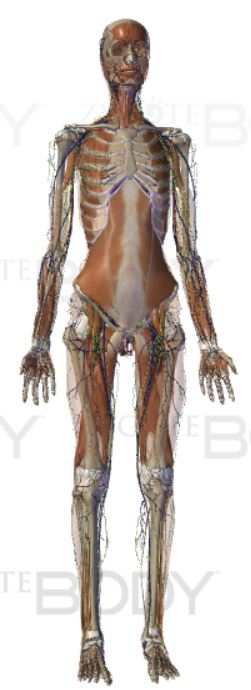
Interactive Whiteboard Activities
- Tool: Nearpod (https://nearpod.com/)
- Description: Nearpod is a platform that enables teachers to create interactive presentations with multimedia content. Teachers can incorporate quizzes, polls, and virtual field trips related to human anatomy to engage students during lessons.
How to Use:
Nearpod is a terrific tool for teachers to use that will allow you to make an interactive lesson. Add in your own information by way of Google Slides, PDF, or Powerpoint files and add in
They also have pre-made lessons or tweak your own materials to update your human body lessons.
Augmented Reality
- Tool: Inner Body Explorer (https://www.innerbody.com/htm/body.html)
- Description: There are 12 major anatomy systems: Skeletal, Muscular, Cardiovascular, Digestive, Endocrine, Nervous, Respiratory, Immune/Lymphatic, Urinary, Female Reproductive, Male Reproductive, Integumentary. Use 2D and 3D models to view the different parts. In addition to the images, there is text for students to read to learn more about the parts.
How to Use: Students can do quite a few things with this website.
- Students can manipulate the layers to see how the parts work together
- Use the text tool to label the parts of the human
Online Games
- Website/Program: Anatomy Arcade (https://www.anatomyarcade.com/)
- Description: Anatomy Arcade provides a collection of educational games and quizzes related to human anatomy. Games like “Skeletal System Game” or “Digestive System Puzzle” offer engaging ways for students to review and reinforce their knowledge.
How to Use: Use this site to help make learning fun while giving students more practice of identifying parts of the human body.
Activities like:
- Jigsaw puzzles
- Poke a Muscle
allow students to get an up close view of the human body while adding a game element.
Online Quizzes and Assessments
Website/Program: Quizizz (https://quizizz.com/)
Description: Quizizz is an online platform where teachers can create and share interactive quizzes on various topics, including human anatomy. Teachers can use pre-made quizzes or create their own to assess students’ understanding of key concepts.
How to Use: Either create your own quizzes or assessments or simply search to find ones that suite your needs.
One reason I like Quizizz is that the games are not time competitive but competitive on correctness. This allows all learners to feel successful.
Students can redo games to make sure they hit certain percentages to demonstrate understanding of the human body.
Using Videos to Teach the Human Body
Students love learning through videos so incorporate them in your human body unit.
Here are some great choices to add to your human body video library.
- Dr Binocs Show: Short videos that give an overview of each human body systems
- LifeSaver: Interactive challenge to see how students would react to a friend in a health emergency
- Amoeba Sisters: Videos about the human body
- A Walk through an Ear: Video takes students inside the human ear
